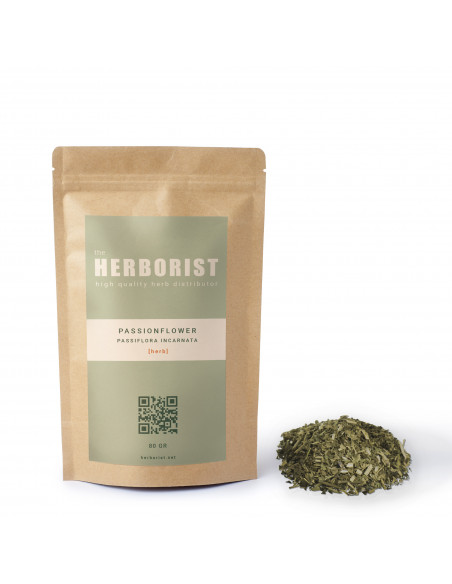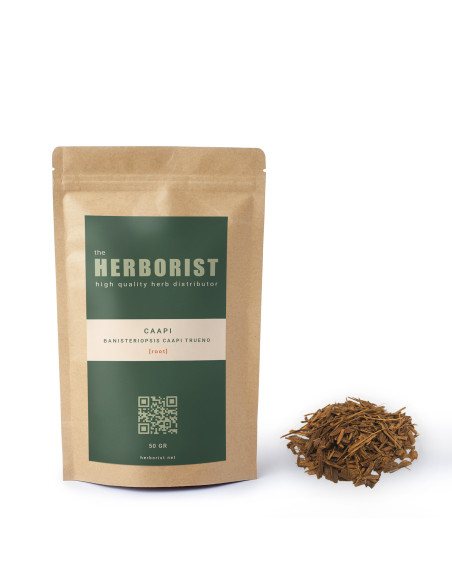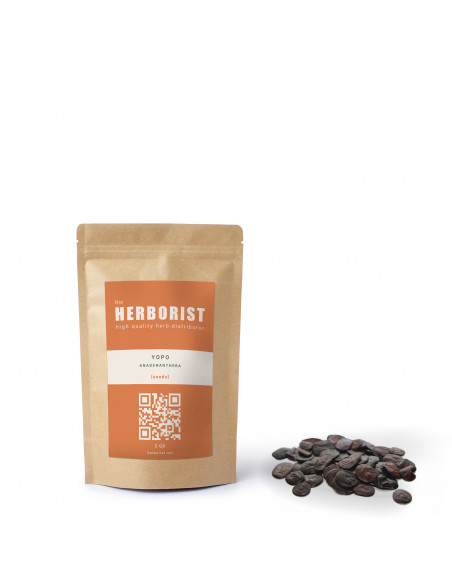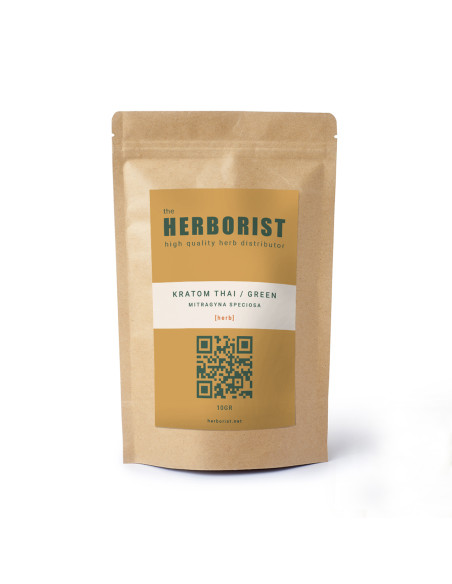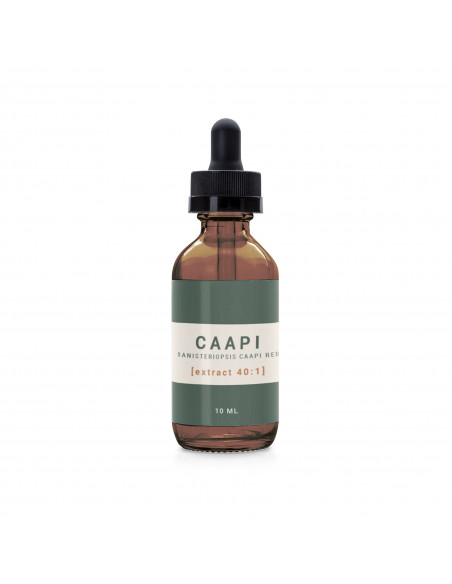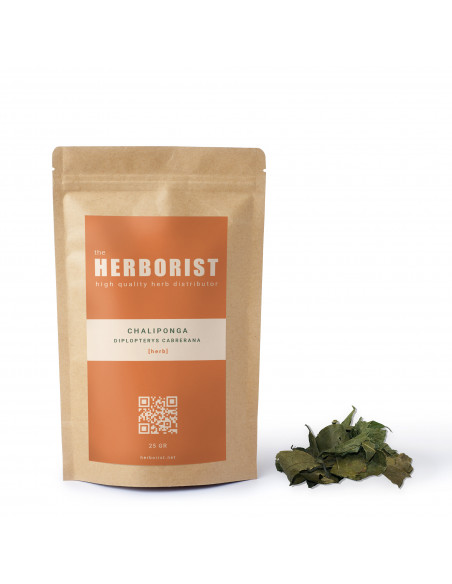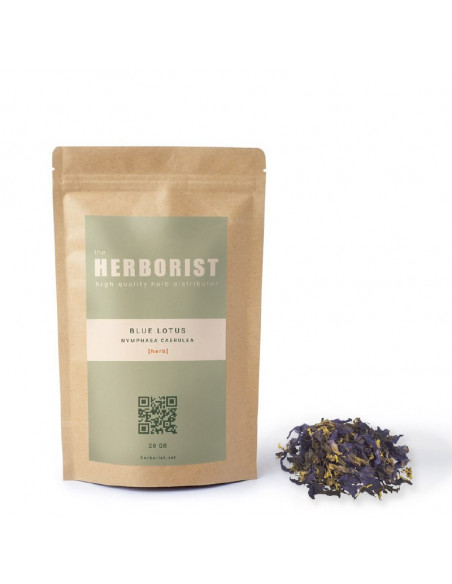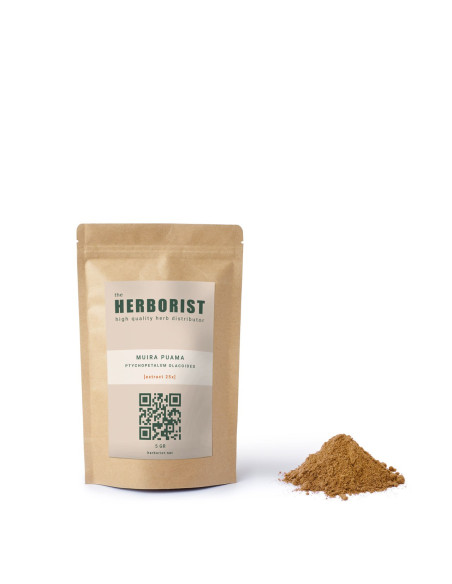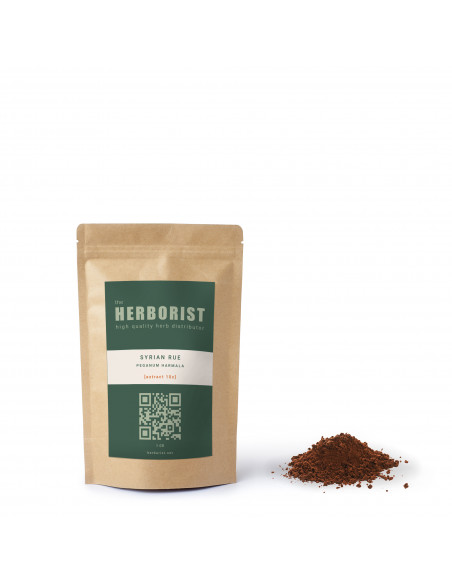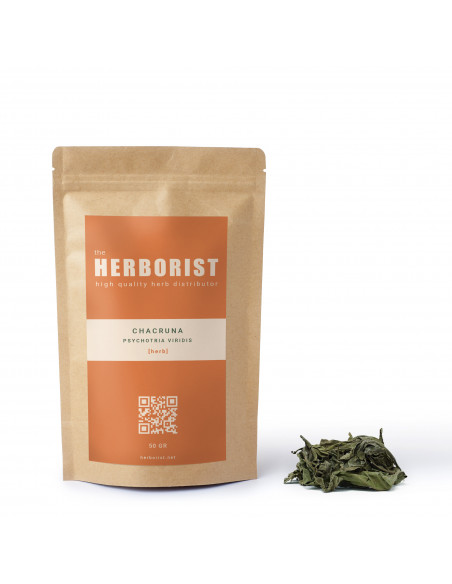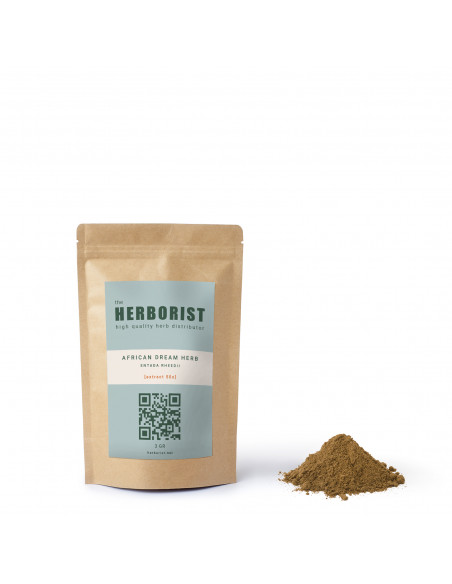Mimosa - Mimosa Hostilis root bark Chopped [ MHRB ]
Mimosa - Mimosa Hostilis - 50Grams Root
The two names are interchangeable; Mimosa hostilis was the former scientific name for Mimosa tenuiflora. Due to its use by distributors of botanical goods and the fact that it is still used in literature, the earlier name is still well-known. As well as the names Jurema, Jurema Preta, Black Jurema, and Vinho de Jurema, M. tenuiflora is an entheogen. Recent research has revealed that dried Mexican mimosa hostilis root bark contains roughly 1% DMT. There is roughly 0.03% DMT in the stem bark.
Since 2005, a novel chemical termed "Yuremamine" has been isolated from Mimosa tenuiflora, representing a new family of phyto-indoles. However, harmala alkaloids, such as -carbolines, have not yet been found in Mimosa tenuiflora decoctions.
This could account for the observed oral DMT activity in Jurema without the use of an MAOI. The formulation of ayahuasca frequently calls for the use of an MAOI when using imported MHRB.
Content of alkaloid
0.31% to 0.57% of root bark contains DMT (Schultes 1977)
Amounting approximately 2% of the inner root bark are active alkaloids (Extractions from DMT-Nexus and others)
NMT and 2-Methyl-1,2,3,4-Tetrahydro-Beta-Carboline make up 3% of the total alkaloids (or 0.04% of the rootbark) (Jungle Spice Analysis; Red/Yellow/White Spice Analysis).
Growing
Mimosas are not resistant to the cold. They deserve a sunny location with leachy, middle-nutrient soil for outdoor cultivation. The vegetation is liberally watered throughout, with minimal watering during the winter. Although they can also be bred via cuttings, they are bred using seeds.

![Mimosa - Mimosa Hostilis root bark Chopped [ MHRB ]](https://herborist.net/49-large_default/mimosa-mimosa-hostilis-root-bark-chopped-mhrb-.jpg)
